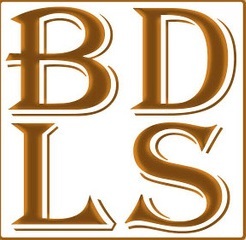Oral Health Tips for Vegetarians
The worry about cholesterol and fat prompts many people to change their lifestyle and become a vegetarian. Sometimes, this lifestyle also brings some nutritional deficiencies that can be seen during an oral exam.
Vitamin Deficiency
Vegetarian diets vary, so not everyone suffers from a deficiency. With that said, some people lack calcium, riboflavin, vitamin D, protein and vitamin B12 in their diet. This is most often seen in patients that don’t consume any food from an animal origin. If vegetarians carefully eat the proper amount of legumes, vegetables, fruits and grains, they could still get the nutrients that they need.
Without these nutrients, vegetarians are at risk for gum disease because of the lack of calcium and vitamin D. Children are at the highest risk and also suffer from improper growth without the right balance of food. It’s important to understand the nutritional needs of a person before changing any diet.
Over time, the loss of vitamin D can also lead to tooth decay and periodontal disease. If left untreated, this might end up in tooth loss.
Remedy
Before adopting any new diet, it’s wise to speak with a nutritionist. They’ll help you determine what you’ll need to eat to receive the proper balance of vitamins and minerals. If you can’t get all your nutrients from food, it’s essential that you start taking multiple vitamins.
If you need more vitamin D, you can get some from sun exposure. If you don’t eat fish or drink milk, you could opt for vegetable margarine and soy milk instead.
Whatever you choose to do, it’s important that your dentist knows your medical history and lifestyle situation at your appointment. If you’re on any particular diet, it is helpful to know when creating your treatment plan. This way, your dentist has a better chance of helping you achieve a healthy mouth.




